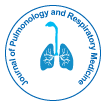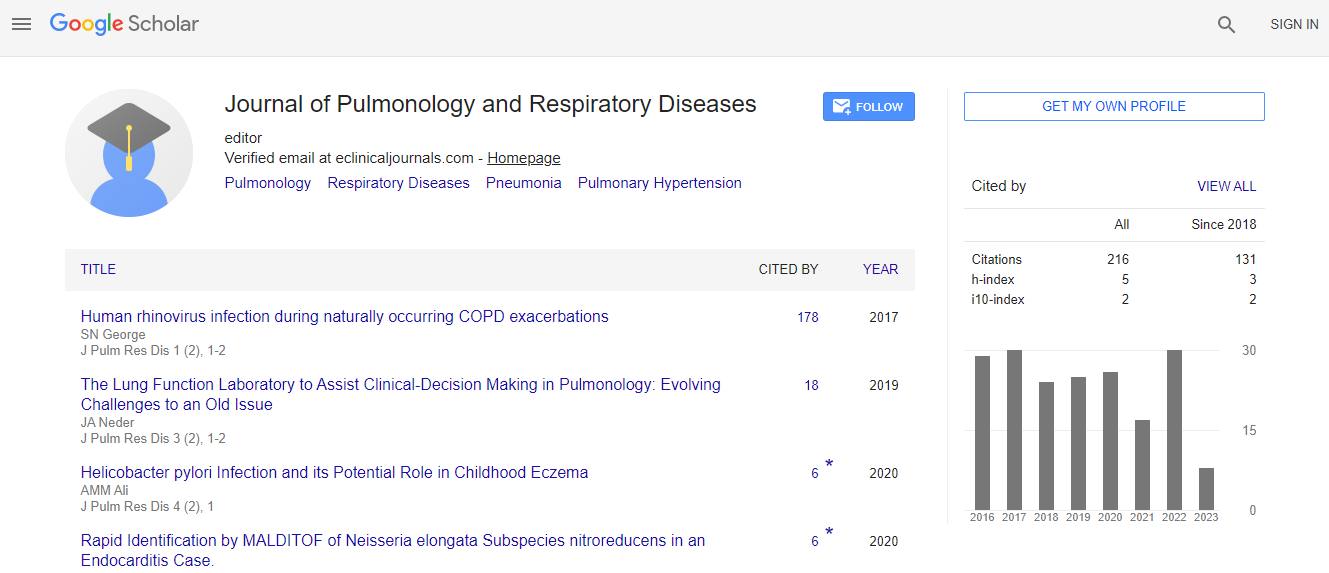Exploring the Link between Sleep Apnea and Cardiovascular Risk: Mechanisms, Implications, and Clinical Interventions
*Corresponding Author: Devendra Tandi, Department of Human Genetics, University of Kashmir Medical Sciences, India, Email: devendrat265@gmail.comReceived Date: Oct 01, 2024 / Published Date: Oct 31, 2024
Citation: Devendra T (2024) Exploring the Link between Sleep Apnea andCardiovascular Risk: Mechanisms, Implications, and Clinical Interventions. J PulmRes Dis 8: 220.
Copyright: © 2024 Devendra T. This is an open-access article distributed underthe terms of the Creative Commons Attribution License, which permits unrestricteduse, distribution, and reproduction in any medium, provided the original author andsource are credited.
Abstract
Sleep apnea, particularly obstructive sleep apnea (OSA), is a prevalent condition characterized by repeated episodes of partial or complete upper airway obstruction during sleep. Growing evidence suggests a strong association between sleep apnea and cardiovascular diseases (CVD), including hypertension, coronary artery disease (CAD), heart failure, and stroke. This article aims to explore the mechanisms underlying this relationship, the implications of sleep apnea on cardiovascular health, and clinical interventions to mitigate cardiovascular risk. A better understanding of the pathophysiological links between sleep apnea and cardiovascular outcomes can facilitate more effective prevention and treatment strategies.

